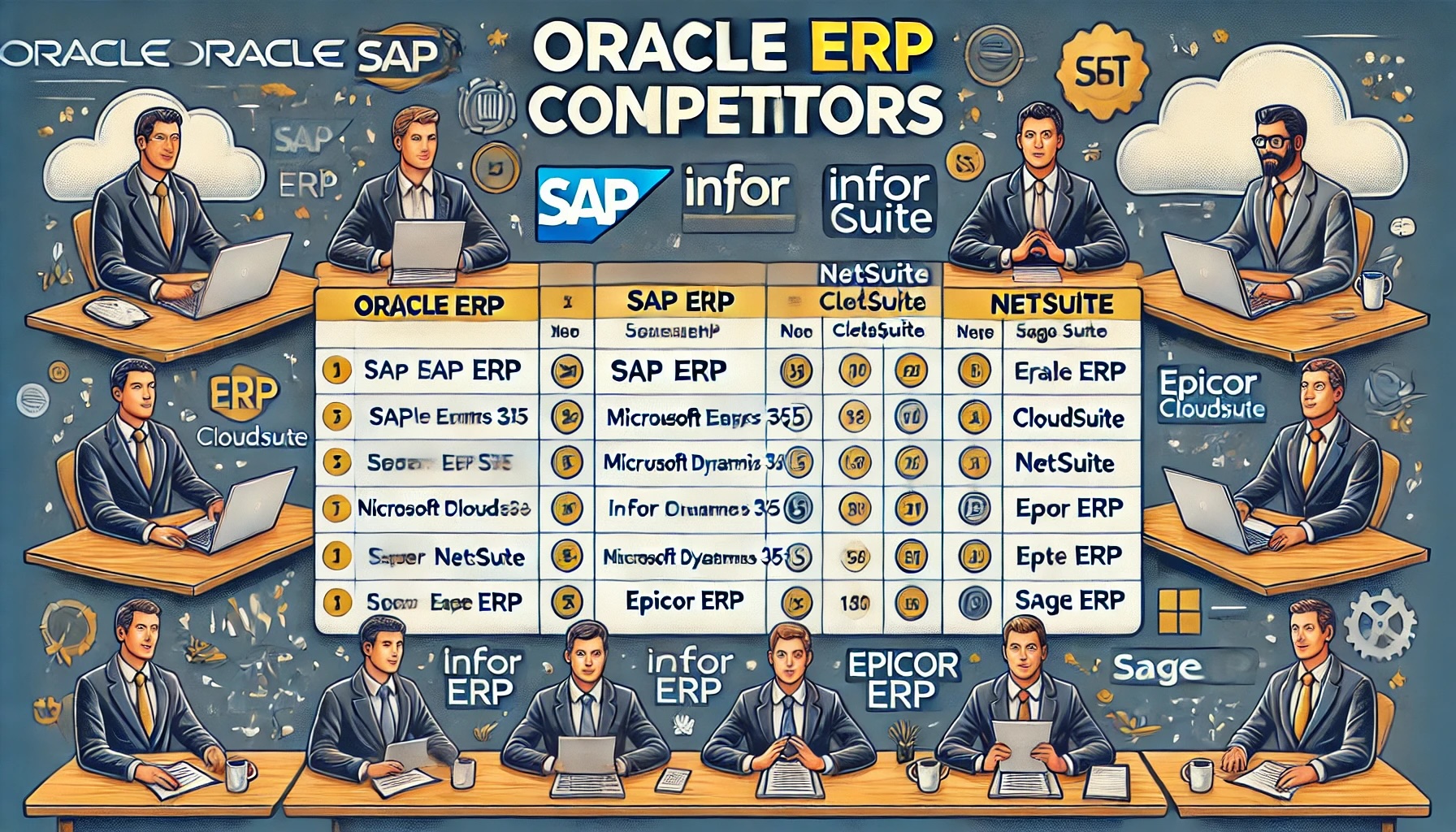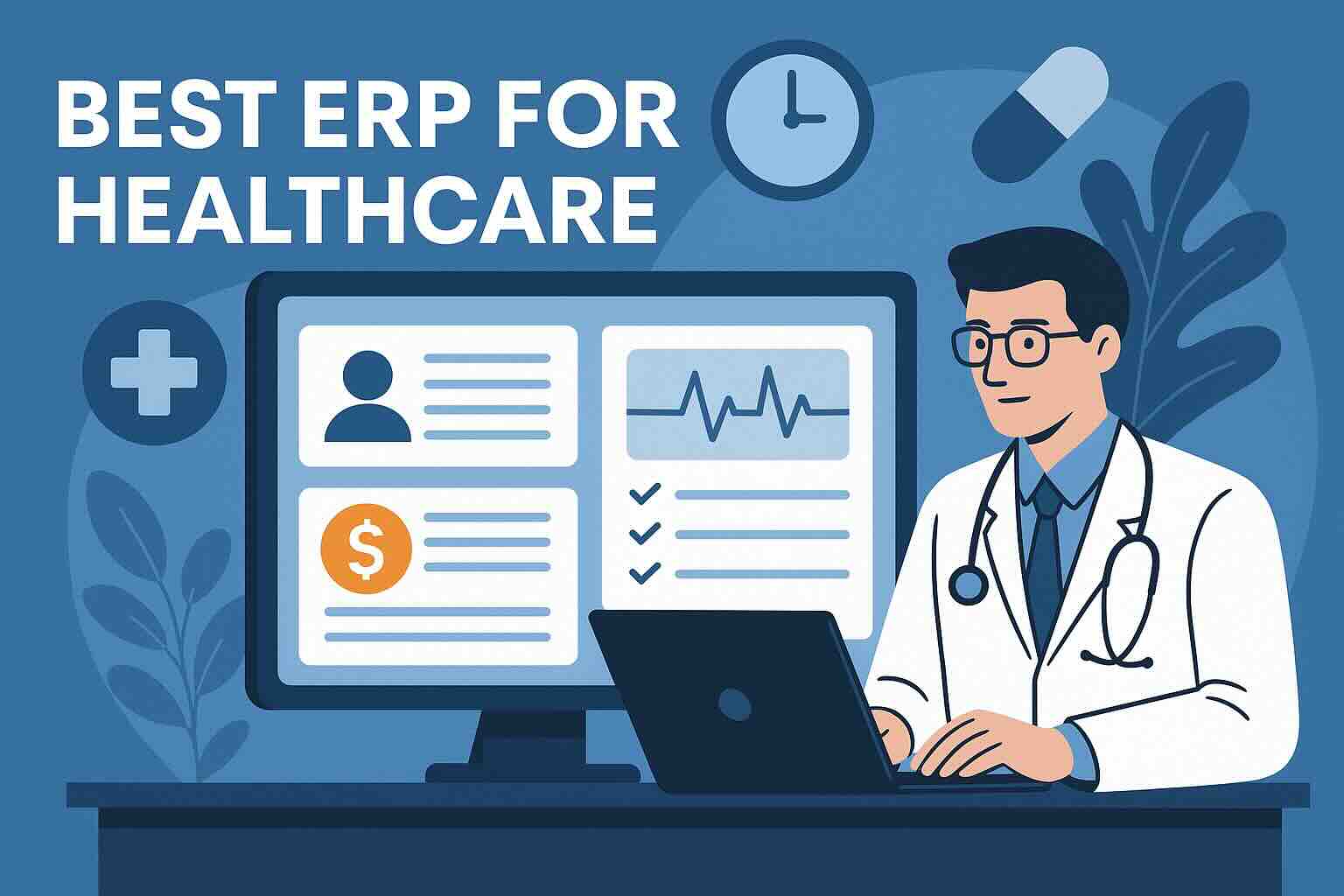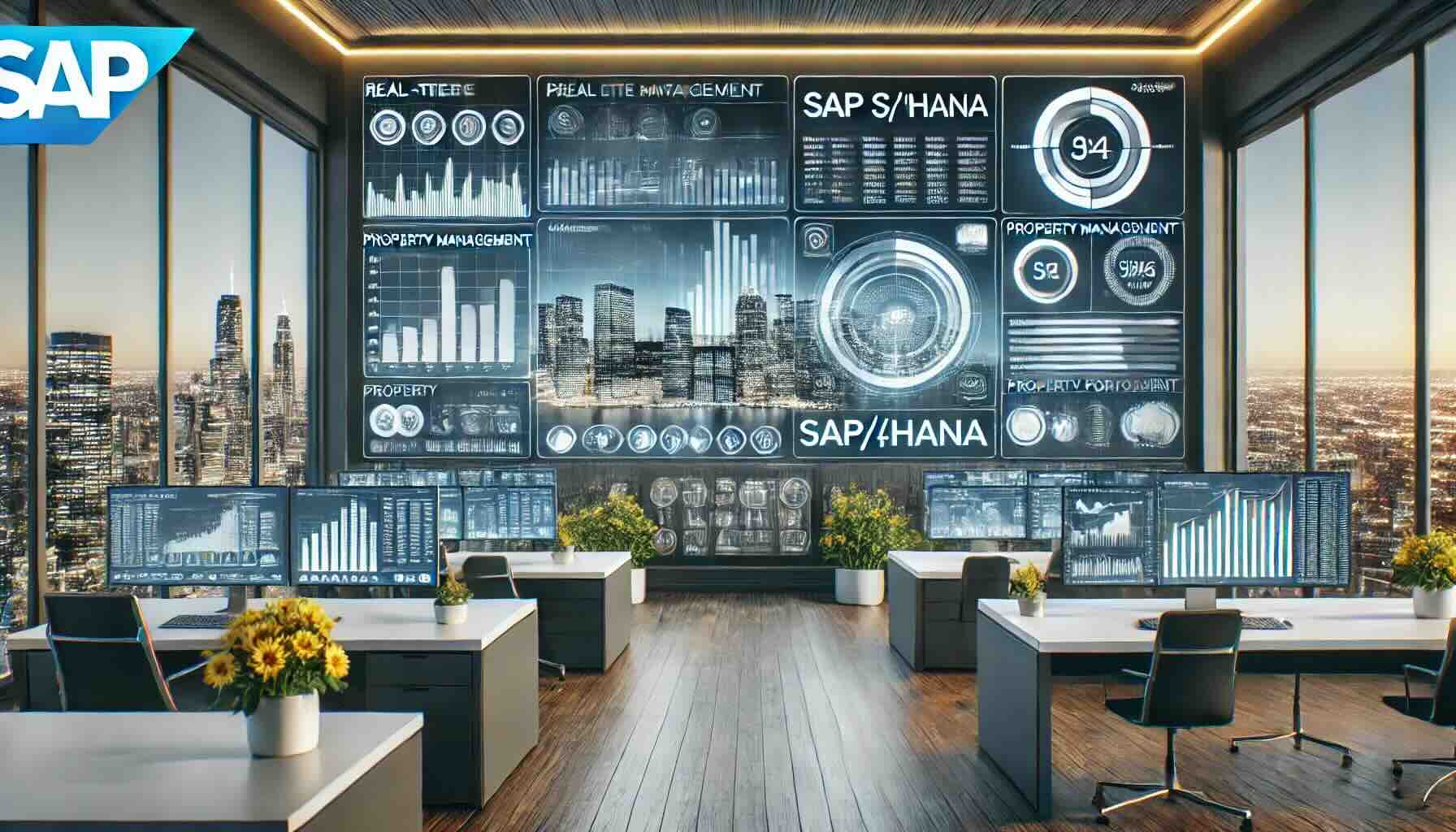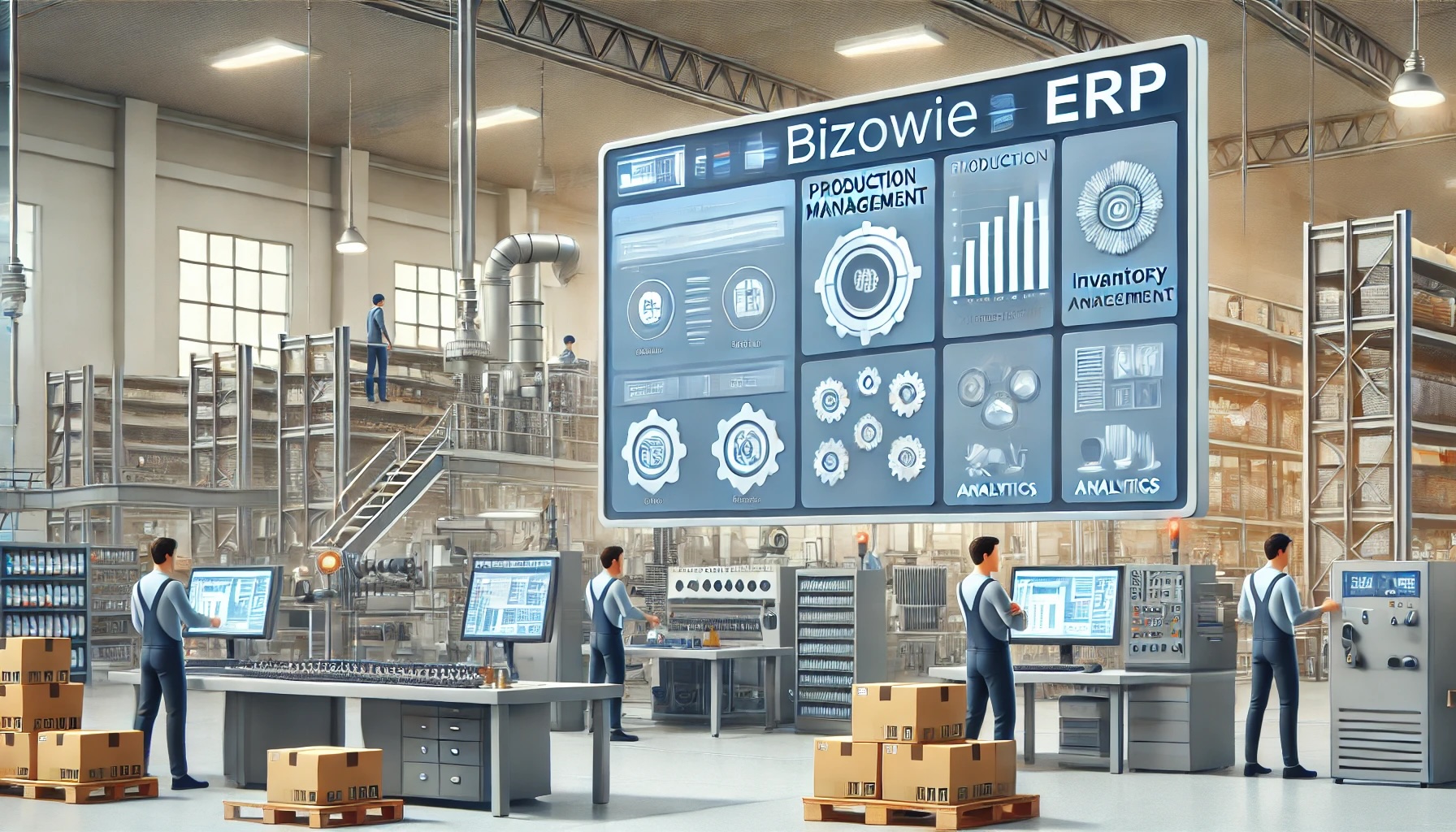Exploring Oracle ERP Competitors: Top Alternatives to Consider

Oracle ERP is renowned for its comprehensive suite of enterprise resource planning solutions, offering businesses a robust platform to manage their operations effectively. However, in the dynamic world of ERP systems, several other players bring unique strengths and features to the table. Choosing the right ERP solution is pivotal for streamlining business processes, improving efficiency, and supporting growth. This blog aims to provide an in-depth look at the top Oracle ERP competitors, helping you understand their key features, strengths, and weaknesses, so you can make an informed decision.
In today’s competitive business environment, ERP systems are essential tools that integrate various functions across an organization, including finance, human resources, supply chain, and customer relationship management. While Oracle ERP stands out for its extensive capabilities and strong performance, businesses may find that other ERP solutions are better suited to their specific needs, industry requirements, or budget constraints.
We will explore the leading ERP competitors, including SAP ERP, Microsoft Dynamics 365, Infor CloudSuite, NetSuite (an Oracle-owned solution), Epicor ERP, and Sage ERP. Each of these systems has carved out a niche in the ERP market, offering distinct advantages that cater to different business sizes, industries, and operational needs.
By understanding the nuances of these top ERP competitors, you can better evaluate which system aligns with your business goals and technological requirements. Whether you are a small business looking for a cost-effective solution, a mid-sized enterprise seeking industry-specific functionalities, or a large corporation needing a scalable and comprehensive ERP system, this guide will provide valuable insights to aid your decision-making process.
Top Oracle ERP Competitors
1. SAP ERP
SAP ERP is one of the most established and widely used ERP systems globally. Known for its extensive functionality and industry-specific solutions, SAP ERP caters to businesses of all sizes.
- Key Features: Advanced financial management, human resources, supply chain management, production planning, and analytics powered by SAP HANA.
- Strengths:
- Extensive Functionality: Comprehensive modules covering all business processes.
- Industry-Specific Solutions: Tailored modules for various industries, enhancing efficiency.
- Global Presence: Strong support and community worldwide.
- Powerful Analytics: Advanced data processing and real-time insights with SAP HANA.
- Weaknesses:
- Complex Implementation: Requires significant time and resources.
- High Costs: Expensive licensing and maintenance fees.
- Steep Learning Curve: Users may need extensive training.
2. Microsoft Dynamics 365
Microsoft Dynamics 365 is a cloud-based ERP and CRM solution that integrates seamlessly with other Microsoft products. It offers flexibility and scalability, making it suitable for various business sizes.
- Key Features: Financial management, supply chain operations, sales and customer service, project management, and AI-driven insights.
- Strengths:
- Seamless Integration: Works well with Microsoft Office 365 and other Microsoft products.
- User-Friendly Interface: Intuitive design and easy navigation.
- Scalability: Suitable for growing businesses with changing needs.
- AI Capabilities: Built-in AI for predictive analytics and automation.
- Weaknesses:
- Complex Customization: Customizing the system to specific needs can be challenging.
- Cost Variability: Expenses can rise with additional modules and users.
- Dependency on Internet: Cloud-based nature requires reliable internet connectivity.
3. Infor CloudSuite
Infor CloudSuite is a suite of industry-specific ERP solutions that cater to various sectors, including manufacturing, healthcare, and retail. It is known for its deep industry expertise and cloud capabilities.
- Key Features: Financial management, supply chain management, human capital management, and industry-specific functionalities.
- Strengths:
- Industry Expertise: Deep knowledge and specialized modules for various industries.
- Modern User Interface: Sleek and user-friendly design.
- Cloud Capabilities: Strong cloud infrastructure for scalability and flexibility.
- Integration: Easy integration with other Infor and third-party applications.
- Weaknesses:
- Limited Global Presence: Not as widely available as Oracle and SAP.
- Customization Costs: Customizing the system can be expensive and require support.
- Learning Curve: Users may need training to utilize all features effectively.
4. NetSuite (by Oracle)
NetSuite, an Oracle-owned cloud-based ERP solution, is designed for small to medium-sized businesses. It offers a unified business management suite, encompassing ERP, CRM, and e-commerce.
- Key Features: Financial management, CRM, e-commerce, inventory and order management, and human resources.
- Strengths:
- Comprehensive Solution: All-in-one suite covering various business functions.
- Cloud-Based: Accessible from anywhere, promoting flexibility.
- Scalability: Grows with your business needs.
- Integration with Oracle Products: Seamless integration with other Oracle offerings.
- Weaknesses:
- Less Suitable for Large Enterprises: May not meet the needs of very large organizations.
- Implementation Complexity: Can be complex and time-consuming to implement.
- Subscription Costs: Ongoing costs can add up over time.
5. Epicor ERP
Epicor ERP is designed for manufacturing, distribution, retail, and services organizations. It offers flexible deployment options and a focus on industry-specific needs.
- Key Features: Manufacturing execution, supply chain management, financial management, human capital management, and customer relationship management.
- Strengths:
- Industry-Specific Focus: Tailored solutions for manufacturing and distribution.
- Flexible Deployment: On-premise, cloud, or hybrid options available.
- Strong Customer Support: Dedicated support and resources.
- Advanced Functionality: Comprehensive features for various business processes.
- Weaknesses:
- User Interface: Can be less intuitive compared to other modern ERPs.
- Implementation Time: Longer implementation period, especially for large-scale deployments.
- Customization Challenges: Extensive customization may require additional technical support.
6. Sage ERP
Sage ERP provides solutions for small and medium-sized businesses, focusing on simplicity and ease of use. It offers both cloud and on-premise options.
- Key Features: Financial management, supply chain management, production management, and payroll.
- Strengths:
- User-Friendly: Simple and easy-to-use interface.
- Cost-Effective: Affordable pricing, especially for small businesses.
- Strong Support: Comprehensive customer support and resources.
- Flexible Deployment: Cloud and on-premise options.
- Weaknesses:
- Limited Scalability: May not be suitable for very large enterprises.
- Fewer Advanced Features: Lacks some advanced functionalities found in other ERPs.
- Integration Limitations: May not integrate as seamlessly with other systems.
Conclusion
Choosing the right ERP system is crucial for the efficiency and growth of your business. While Oracle ERP offers extensive features and robust performance, it’s important to consider the specific needs of your business and how other solutions might meet those needs.
SAP ERP and Microsoft Dynamics 365 are strong competitors with extensive functionalities and global presence. Infor CloudSuite and NetSuite offer industry-specific solutions and flexibility for smaller businesses. Epicor ERP and Sage ERP provide robust options for manufacturing and small to medium-sized businesses.
To compare these ERP solutions and many more, you can use our new AI-powered Compare ERP tool. It’s free to use and you get a guaranteed discount on your first year’s licence fees with a referral from Compare ERP.









